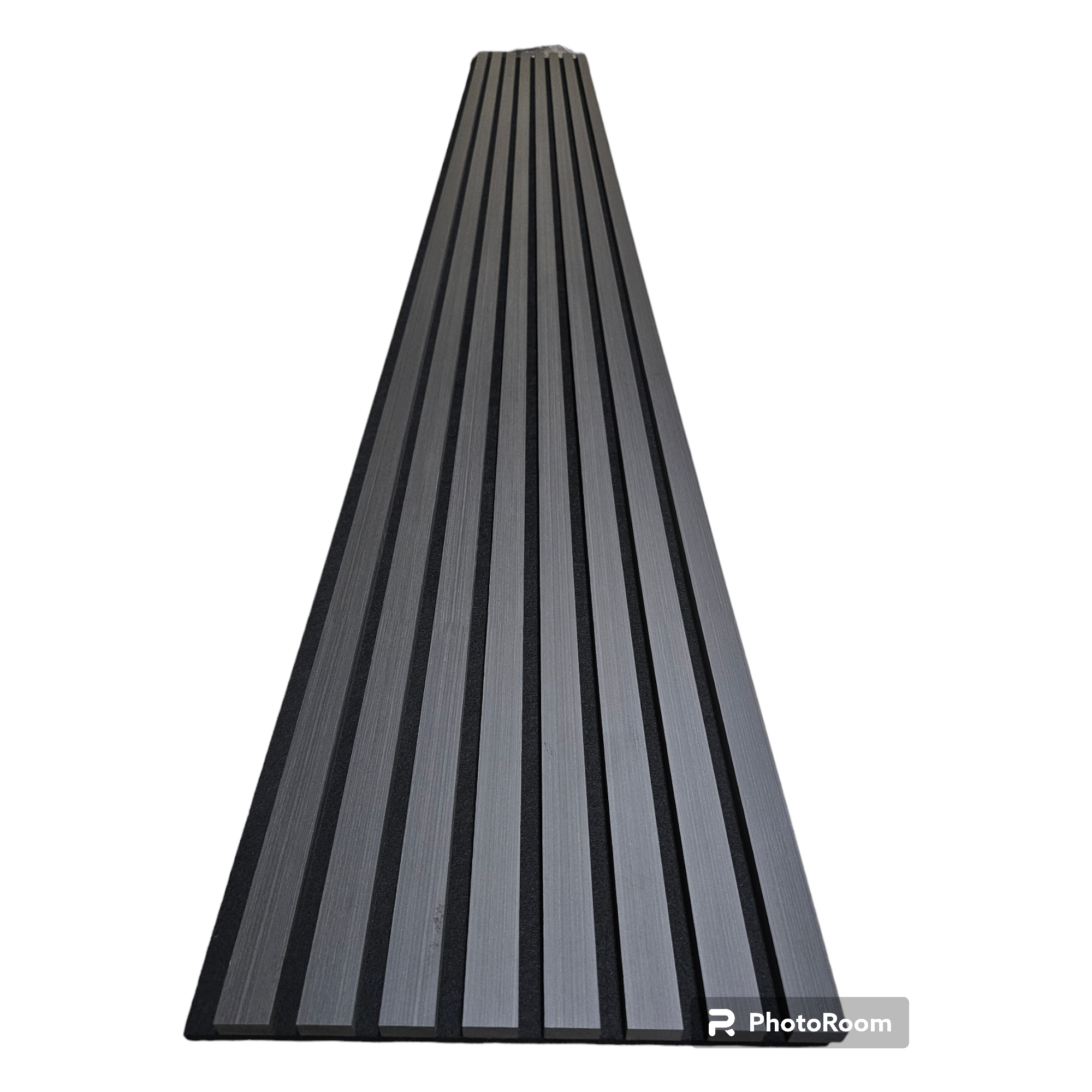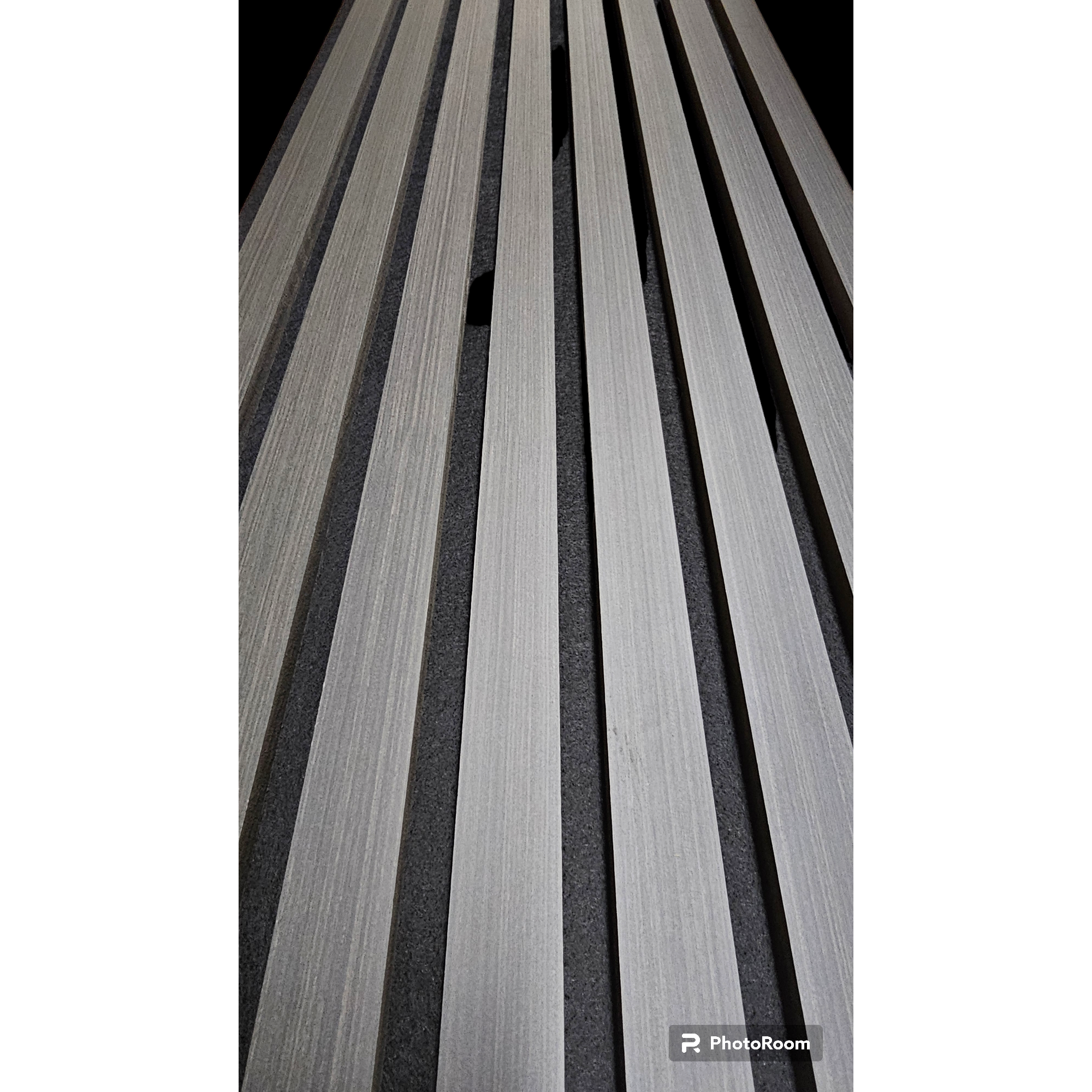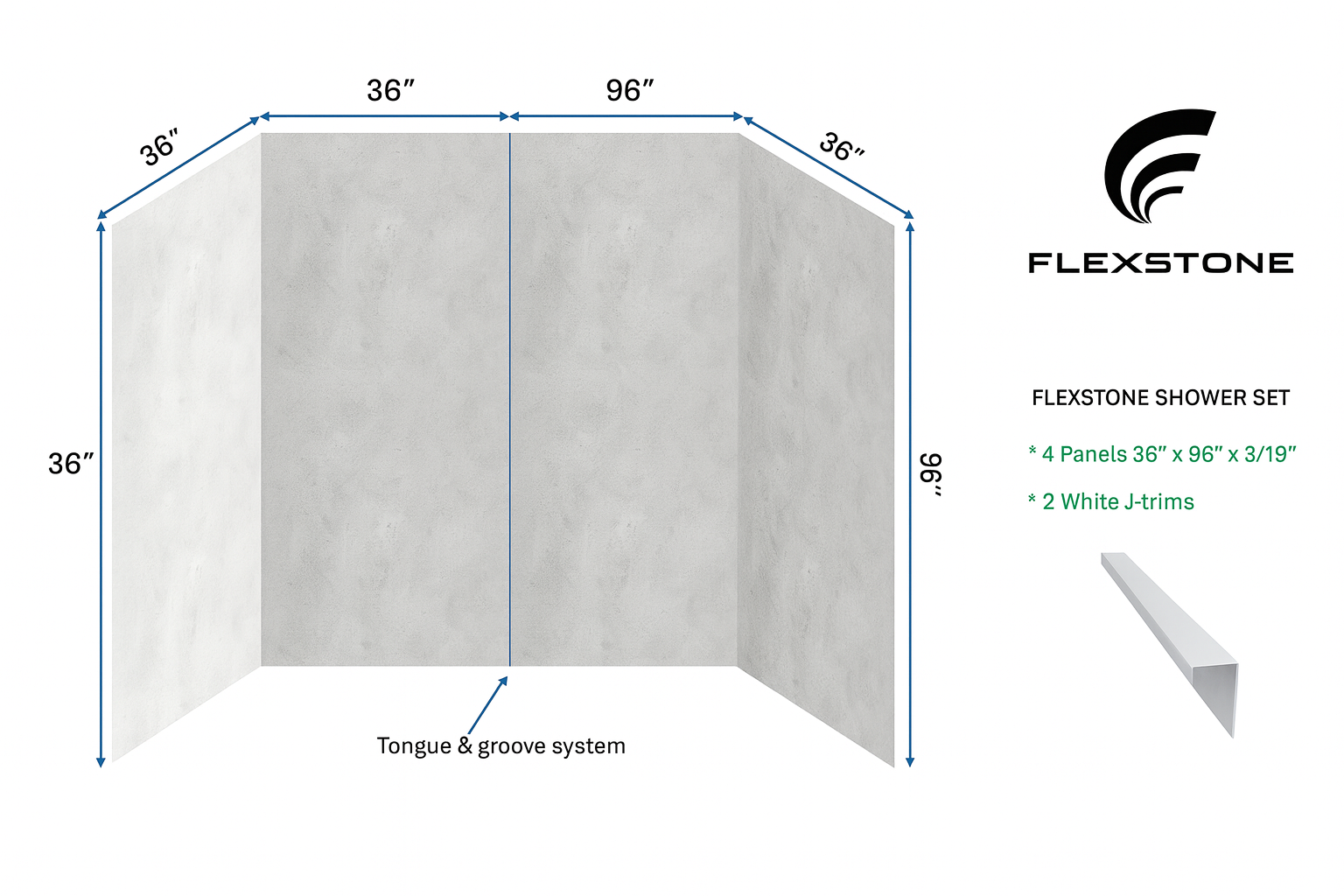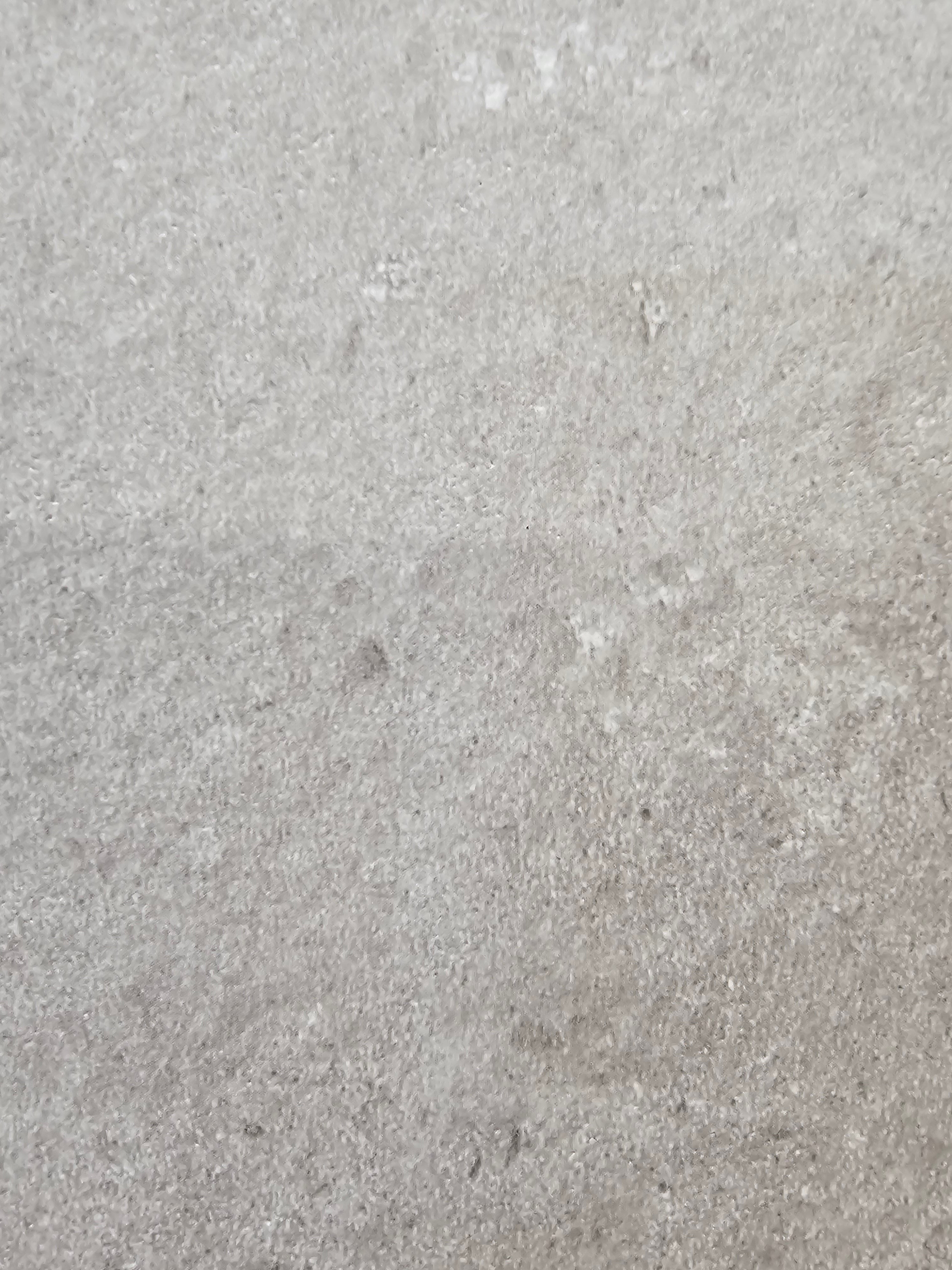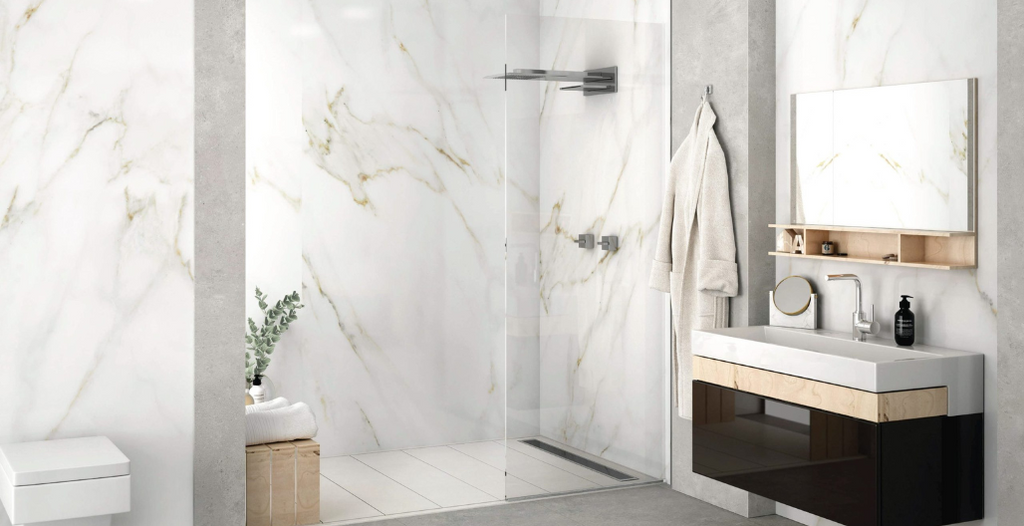
Are PVC Wall Panels Good for Shower?

Introduction to PVC Wall Panels
PVC (Polyvinyl Chloride) wall panels have gained significant popularity as a modern alternative to traditional shower wall materials. Known for their durability and ease of maintenance, these panels are becoming a preferred choice for homeowners seeking to renovate their bathrooms. PVC wall panels are versatile, offering both aesthetic appeal and functional benefits that cater to the needs of contemporary shower designs.
Advantages of PVC Wall Panels for Showers
PVC wall panels offer numerous advantages for shower installations:
- Waterproof: One of the primary benefits of PVC wall panels is their waterproof nature, making them ideal for wet environments like showers. Unlike traditional tiles, there are no grout lines, which can often be a source of mold and mildew.
- Durability: These panels are resistant to wear and tear, ensuring a long-lasting solution. They are not susceptible to chipping or cracking, unlike ceramic tiles, and can withstand the humid conditions of a bathroom.
- Easy Maintenance: PVC panels require minimal upkeep, as they can be easily wiped clean without the need for special cleaning agents. This makes them an excellent choice for busy households where ease of maintenance is a priority.
Preparation:
Ensure the shower walls are clean and dry. Remove any old tiles or loose materials and repair any damages to the wall surface.
- Measuring and Cutting: Measure the panels to fit the shower dimensions and cut them accordingly. It's crucial to make precise cuts to ensure a seamless fit.
- Adhesive Application: Apply a suitable adhesive to the back of the panels. Use a notched trowel to spread the adhesive evenly. Panel Placement: Press the panels firmly against the wall, ensuring a secure fit. Start from the bottom and work your way up, pressing each panel into place.
- Sealing: Seal the edges with silicone to prevent water ingress. This step is essential to maintain the waterproof nature of the installation.
Comparison with Other Shower Wall Materials
When comparing PVC wall panels to other materials like tiles, fiberglass, and acrylic, several factors come into play:
- Tiles: While aesthetically pleasing, tiles require grouting and are prone to mold growth. They also need regular maintenance to keep the grout clean and free from stains.
- Fiberglass: Durable and easy to install, but may lack design variety. Fiberglass is often seen in prefabricated shower units, which can be limiting in terms of customization.
- Acrylic: Offers a sleek look but can be more expensive than PVC panels. Acrylic panels are durable and easy to clean but might not offer the same range of design options as PVC.
Design Options for PVC Wall Panels
PVC wall panels come in a variety of designs, including:
- Patterns: From wood grain to marble effects, PVC panels can mimic the look of more expensive materials without the associated costs.
- Colors: Available in a wide range of hues to match any bathroom decor. Whether you prefer bold, vibrant colors or subtle, neutral tones, there's a PVC panel to suit your style.
- Textures: Smooth, matte, or glossy finishes to suit different tastes. Textured finishes can add depth and interest to your shower walls.
Cost Analysis
When considering the cost of PVC wall panels:
- Initial Cost: PVC panels are generally more affordable than other materials. They are cost-effective, especially when you factor in the ease of installation, which can save on labor costs.
- Long-Term Savings: Due to their durability and low maintenance requirements, PVC panels can result in significant cost savings over time. They do not need regular sealing or expensive cleaning products.
Environmental Impact:
PVC wall panels are an eco-friendly option due to:
- Eco-Friendliness: Many PVC panels are made from recycled materials, reducing the environmental impact.
- Recyclability: At the end of their life cycle, PVC panels can often be recycled. This makes them a sustainable choice for environmentally conscious homeowners.
Cleaning and Maintenance:
- Best Practices: Regularly wipe down with a damp cloth. This helps to prevent the build-up of soap scum and hard water stains.
- Products to Use: Avoid abrasive cleaners; mild detergents work best. Harsh chemicals can damage the surface of the panels, so stick to gentle, non-abrasive cleaning agents.
Potential Issues with PVC Wall Panels
While PVC wall panels have many benefits, there are potential issues to be aware of:
- Common Problems: Warping if not properly installed, discoloration over time. Ensure that the panels are installed correctly to avoid any gaps or uneven surfaces.
- Solutions: Ensure correct installation and use UV-resistant panels in well-lit areas. If discoloration occurs, consider using a mild bleach solution to restore the original color.
DIY vs Professional Installation of PVC Wall Panels
When deciding between DIY and professional installation:
Pros and Cons: DIY installation can save money but requires skill and patience. Professional installation ensures a perfect fit and finish but comes at a higher cost.
Cost Comparison: DIY can be cost-effective if you have the necessary tools and expertise. Professional installation, while more expensive, guarantees a high-quality result.
PVC Wall Panels and Mold Resistance
PVC wall panels are inherently mold-resistant due to their non-porous surface:
- Prevention: The smooth surface prevents mold spores from settling and growing. Regular cleaning can help to maintain this resistance.
- Benefits: Mold resistance is a significant benefit in humid environments like bathrooms. It reduces the need for harsh chemicals and frequent cleaning.
Safety Considerations
When installing PVC wall panels, consider the following safety aspects: Health Concerns: Ensure proper ventilation during installation to avoid inhaling adhesive fumes. Use protective gear if necessary.
Fire Resistance: While PVC is not highly flammable, ensure it meets local building codes for fire safety. Look for panels with fire-resistant ratings.
Longevity of PVC wall panels
PVC wall panels are built to last:
Expected Lifespan: With proper care, PVC panels can last for many years. They are resistant to common issues like cracking and peeling.

